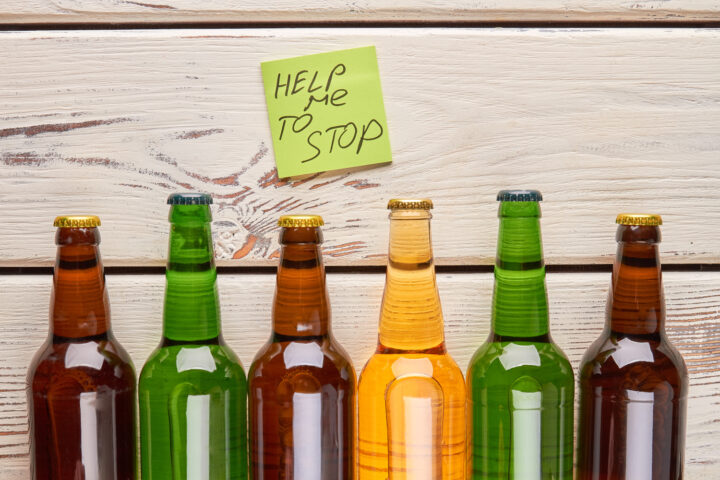The first decision you must make is what type of treatment is best suited for your current needs.
You can determine if your treatment to be medication-assisted or drug-free.
There is no right or wrong choice and you can anytime change his mind. Research has shown us that most people try different paths through the processing of their personal journey. You choose one option, switch to another and leaving sometimes treatment and will return again. This may sound scary, but if you remember a few simple things that will help you get the most out of your treatment.
If you want to take some of this information with you so you can read them again later or show them to someone you know, you can print that page.
Medication-assisted treatment includes detoxification, maintaining pharmacotherapy and using opioid antagonist treatment and use medication to control your symptoms or cravings.
Drug free treatment focuses on counselling and support, so you can avoid medication. This also applies to medicines prescribed by heroin / opioid dependence.
No treatment
You may feel that the treatment is not right for you now. Yet it is a good idea to know the options if you change your mind. It is also important to remember that treatment reduces the risk of dying and enhance your mental and physical state while reducing other drug use, criminal activity and the risk of depression or suicide.
Getting the most out of treatment
One of the most important things you can do to ensure you get the most out of the treatment is to set some goals. You can do this alone or with your doctor or counselor. Either way, you should tell your doctor or counselor about your goals, so they can help you achieve them.
If you want to read these helpful tips again later or give them to someone you know, then print this page or download the Relapse Prevention Guide.
Be open to your doctor – you need to work on getting an open relationship with your doctor. Your doctor will appreciate your honesty and will know that he / she can trust you. Trust goes both ways. When you feel confident, you will also get easier to trust others.
Do not be too ambitious – you may have plans to end very far from where you are today, but try to share the journey in small steps that are realistic and achievable. If you have set yourself some too ambitious, you can put your convalescence at stake if you do not reach your goals. While some specific problems to be solved quickly, in no hurry to do it all at once.
Fix – some dates when you would like to have achieved every single goal. You should be flexible, but at least you will have something to work towards.
Write your goals down so you can watch them later (some use a diary) and seek advice when you need it.
Start with small things before you try to tackle major problems. To have done them will give you the confidence to go on to bigger things.
Maybe you also want to use some of these tips:
Be patient – you were not addicted to drugs from one day to another, so do not expect to manage everything from one day to the other. You have started on a personal journey, and treatment is just one of the important parts of the trip.
Be realistic – there is no magic pill. The improvement may be slow, and you may experience many setbacks. The key is to focus on where you want to end her and remember how far you’ve gone.
Be nice to yourself – relapse and failure is a natural part of your trip. Sometimes people treated be their own worst critic, and yet your confidence an important part of your recovery. The fact that you are reading this and make some informed choices, is an achievement in itself. Acknowledge all your accomplishments, no matter how small they are and accept your weak moments. Everyone has them.
Be informed – part of getting back control of your body is to make sure that you understand what is happening to you, and what choices you have at each stage. You must never be afraid to ask questions.



